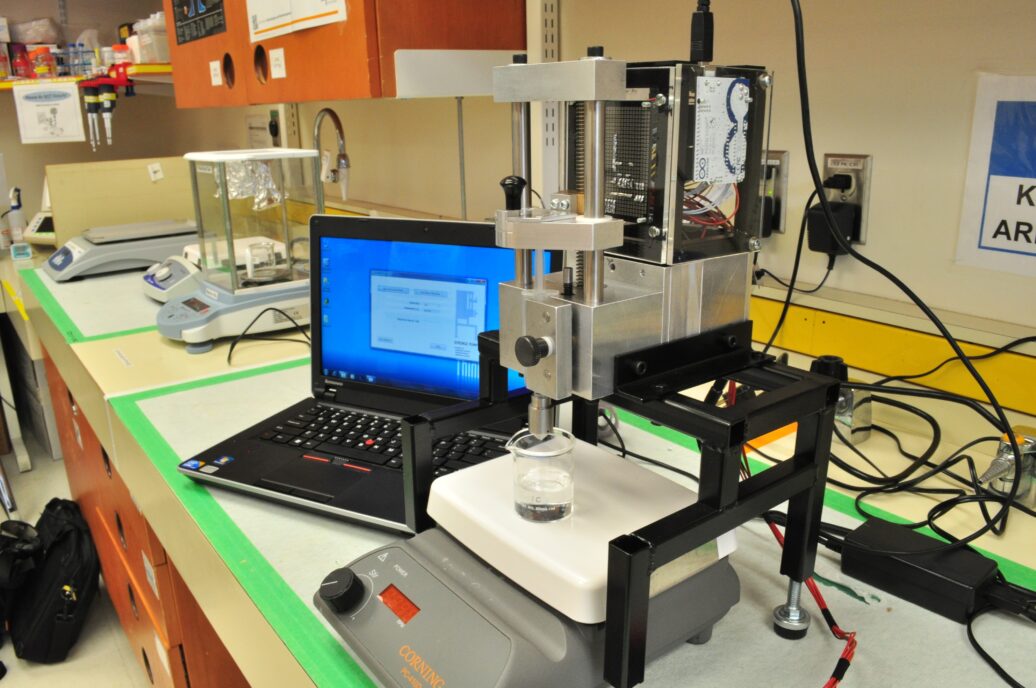
4 Strategies for engineering students to gain quality, hands-on experience
Engineering students: get your hands dirty and gain engineering experience!
Engineering education often places far too much emphasis on classroom lectures and examinations at the expense of project-based learning and gaining engineering experience. This is unfortunate, seeing as learning to effectively apply the theory taught in class is essential to an engineering student’s education and professional development.
For students who feel they are missing out on this fundamental set of skills, here are some of my strategies to gain quality, hands-on experience:
Enroll in CO-OP. This is the easiest way of getting hands-on experience throughout the duration of your degree. Frankly, I think it should be mandatory. My advice: don’t settle on the jobs posted by your co-op office. Invest time searching on your own for positions that will truly give you the breadth of experience you want. Once at work, get involved in projects, ask questions, observe, and expose yourself to as many facets of the job as possible. I also recommend working at least one term abroad. The new ideas and perspectives I brought back home from my work term in Copenhagen proved very beneficial and had a significant influence on my subsequent work.
Solve real life problems. If you’ve been assigned an open-ended school project, find a real life problem to solve. Challenge yourself to work within predetermined guidelines and judge your project’s success using authentic metrics. Ideally, get in touch and work with professionals in your field of interest. They will be able to identify a real need in industry that you can address through the creation of a novel device, system, mechanism, software, etc. What’s more, their feedback will be invaluable to your learning.
Don’t know anyone that fits the profile? For one of my school projects, I emailed more than 40 doctors and surgeons asking for project ideas. Although only a handful got back to me, those who did had really great ideas. In fact, one of those ideas was the inspiration for a device I invented that is patent pending and the flagship product of a company I recently co-founded. Opportunities are out there, it’s up to you to find them!
Finish what you started. Based on my experience, you will be hard pressed to produce a fully completed product within the time constraints of a 4-month course project. Sure, you might meet all your professor’s expectations and get a good grade, but why stop there? Why not make the most of the opportunity, especially when school projects are few and far between?
Spending the extra time required to create a final, polished product that can actually be used for its intended purpose is extremely rewarding and fulfilling. In terms of educational value, the difference between a 90% and a 100% completed project is astronomical. It’s those final tweaks and optimizations that often prove the most challenging and time consuming. However, if you surmount the final obstacles, a completed project will demonstrate your ability to deliver on commitments.
Volunteer for extracurricular projects. When school projects are scarce, find an extracurricular project to work on where you can gain engineering experience. During one of my work terms, I overheard colleagues discussing issues they were having with a testing platform. After inquiring about the problem, I volunteered to design and build the improved system seen in the picture at the top of this blog. One year after completion, they are still using it to conduct research that may one day help improve the quality of life of people with hip implants.
Whether you are in school, on summer break, or on CO-OP, be observant and try to identify areas for improvement that may benefit from your contribution.
Ultimately, you will be rewarded for the time and effort put into project work through supplementing your education, building confidence in your abilities, expanding your professional network, or helping you get your dream job. And gain engineering experience.
Matthieu Lemay is a StarFish Medical Mechanical Engineer Co-op and this is his first blog. He graduated from the University of Waterloo with an architectural degree in 2011 before enrolling in the Biomedical Mechanical Engineering program at the University of Ottawa. Matt has 3.5 years of co-op work experience, and doesn’t regret a single second of it. He draws from his design background when working on engineering projects.
Images: StarFish Medical
